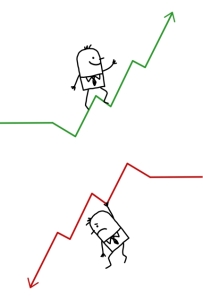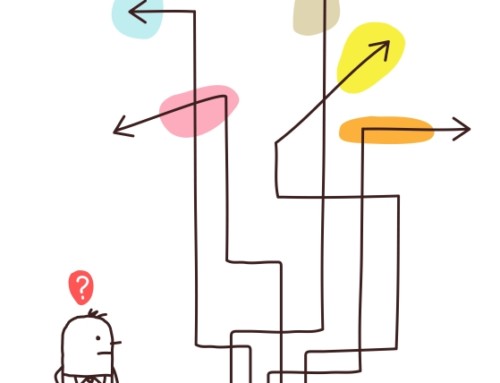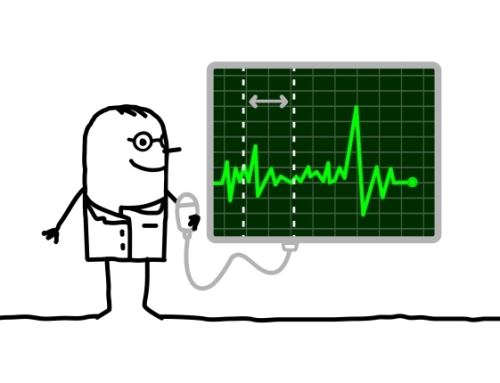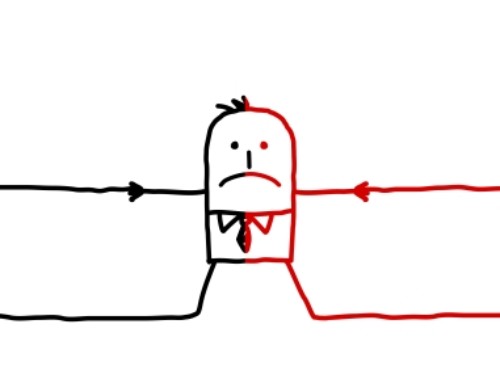In this article, I discuss how to keep moving forward in the face of repeated adversity at the hands of others.
One of my favourite movies is Falling Down from 1993 which stars Michael Douglas. It features a man having an extremely frustrating day in which he encounters one thing after another going wrong. His frustration is compounded by it being created primarily by people who appear to care only for themselves and who enjoy inflicting suffering on others.
The film begins with Douglas’s character, referred to as ‘D-Fens’ in reference to the letters on his license plate, being let go from his job because he was ‘not economically viable’. On his drive home on a blistering hot day, he is stuck in the middle of noisy traffic because of construction work which does not seem to be serving any purpose. D-Fens abandons his car and encounters a series of frustrations to which he responds each time with a violent retaliation toward the source of his frustration.
This includes taking a baseball bat to the shelves of a grocery store after his request for change to make an important phone call is refused by the miserable store owner, swinging the same bat at gang members after they tell him he must pay a ‘toll’ for inadvertently resting on their turf, and pulling a gun on employees of the Whammy Burger fast-food restaurant after he is told he cannot order breakfast because he just missed the ‘deadline’.
It’s easy on certain days to feel the same level of frustration as D-Fens. I’ve had days when I encounter a number of frustrating events created by people who, like in the movie, appear to care only for themselves and who seem to go out of their way to make things difficult for others. And although I don’t retaliate with violence as D-Fens did, I can at times get caught up in thinking what he must have thought—that life can often feel like a miserable, cut-throat, frustrating, every-person-for-themselves existence with little in the way of joy or people who care about others.
At these times when you’ve ‘fallen down’, it is important to ‘pick yourself up’ in order to change this negatively skewed view of the world to one which is more balanced and optimistic. In the following sections, I will discuss ways to pick yourself up when you’ve fallen down with skills from cognitive behavioural therapy (CBT).
Change your thinking by expressing gratitude
When you’ve fallen down, it’s wise to remind yourself that there are many people who care about others. Reminding yourself that such caring people do exist will help you to have a balanced view to improve your mood.
This doesn’t entail denying the reality that there are some people who deliberately take advantage of and hurt others. Nor does it imply that you should not take whatever steps can be taken to ‘push back’ against such people and hold them to account when possible. It simply means that you focus on the fact that there are many more people who care about others in their words and actions.
A good way to remind yourself of this is by regularly noting mentally or in writing the people and things you are grateful for. This is a research-substantiated technique for improving your mood which I practice and which I encourage my clients to practice in my work as a Calgary psychologist and a Cochrane psychologist.

Spend time with caring people
Spending time with people who are caring is a second way you can pick yourself up when you’ve fallen down. It is best to regularly schedule activities with such people so that you are continually reminded that there are good people in the world who think of people other than themselves. This will give you ‘material’ to draw upon when you regularly remind yourself of the people and things that you are grateful for.
Respond to the sources of your frustration in a constructive way
Expressing displeasure with the sources of your frustration does not need to involve ‘going ballistic’ as D-Fens did. There are alternative ways of doing so which entail calmly and assertively communicating your points verbally or in writing. Combined with using the strategies discussed in the previous two sections, setting boundaries in this manner will make it easier for you to pick yourself up the next time you’ve fallen down.
May you pick yourself up when you’ve fallen down,
-Dr. Pat





this movie” falling down” is a very sarcastic approach to crashing in a loveless selfish society. It was pure pleasure to watch the retaliations -like this is what one would love to do to some people. My husband got fired endless times because the company was determined to save money. His feelings about his work led to complete indifference and disloyalty. I think society is going down a dangerous path because there are some people who cannot deal with this kind of “rejection” and do become violent.
I do not know how to maintain positive and lead a better life after the lay-off. It is a sign that a job should not matter too much. Having hobbies that help one regain one’s balance is very important. Running a marathon is angry energy well spent or sailing across the Atlantic single handed. There are indeed adventures out there that help lead a better life.